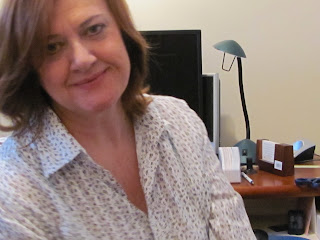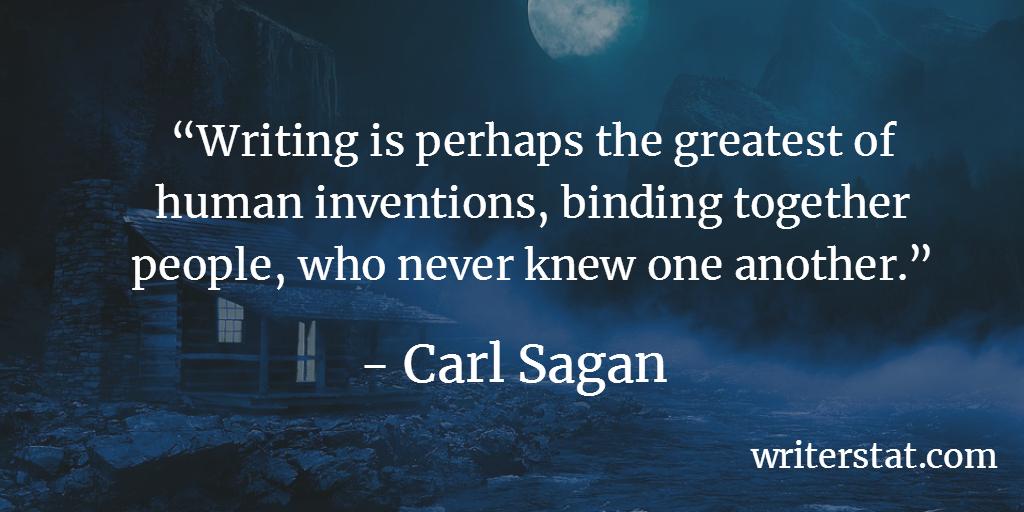Someone in one of my Facebook writers groups posted a question about how to structure a book about her life experiences. I suppose she was writing a memoir.
I gave her this response and thought it might be a good blog post:
"I know writing this will be therapeutic for you.
To actually sell it, you'll need to consider who would read it and why. Here are some questions to ask yourself:
How will your experiences inspire or enhance a reader's life?
Why would someone want to read it?
Why would someone pay money to read it?
If you were going to buy such a book, what would you expect from it?
Will there be a point to the book aside from you having fun telling your story?"
The Point of the Book
I write non-fiction and often weave life experiences into my writing but I try to only do that if it moves the reader further. Illustrations should have a point that is connected to the theme of the book.
Sometimes my writing presents a problem and provides some solutions and, in the case of a memoir, I'd think the writer would have life examples pointing the way for the reader to find solutions for themselves.
I went on:
"If you can find an interesting hook or define a niche topic, you'll have more success.
Would it appeal to someone the same age you were at the time? Is it geared toward others questioning their faith upbringing? Can you explain what made you have doubts about your faith while still holding onto it? Is that likely to happen with a reader too from what you write? Who are the people who might be in a similar situation?
Once you identify the person you want to share your story with, write it as though you are talking to them over coffee. Give your reader points to ponder. Ask them probing questions."
That's my 2 cents.



















